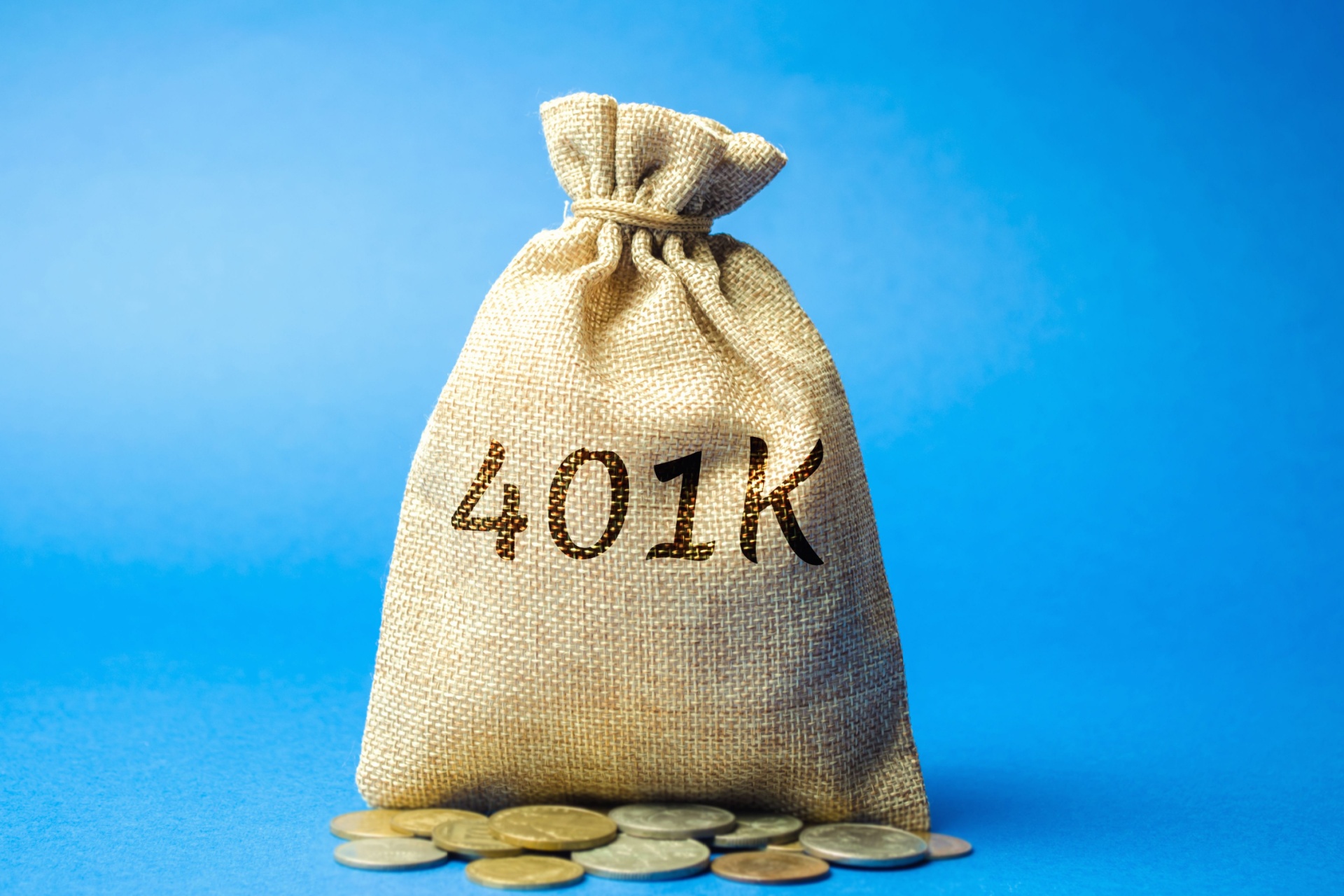Okay, you landed the job! Congrats! You're navigating the excitement, maybe figuring out your new commute here in SF, and wading through a mountain of onboarding paperwork. Somewhere in that pile, possibly looking dense and boring, is info about the company's 401(k) plan.
Your brain, potentially fried from information overload and thinking about your first paycheck (and how much rent it won't cover), might classify this under "Stuff for Future Me To Worry About."
STOP. Right there.
Signing up for your 401(k), especially if your company offers a match, isn't just a good idea. It's practically non-negotiable for setting yourself up financially. It's one of the single best financial perks a job can offer, and ignoring it is like literally throwing money away.
(Current Date: Saturday, April 26, 2025 - a perfect time to make a smart decision for Future You!)
That 401(k) Plan in Your Job Offer? It's Not Optional (Seriously.)
First Up: What the Heck Is a 401(k)?
In simple terms, a 401(k) is a retirement savings plan sponsored by your employer. Here’s the flow:
- You decide to contribute a certain percentage of your paycheck.
- That money is usually taken out before federal and state income taxes are calculated (this is called "pre-tax," and we'll get back to why it's awesome).
- The money goes into your 401(k) account and gets invested in options you choose (like mutual funds or target-date funds).
- The goal is for that money to grow over many years, providing funds for you when you eventually retire.
(Some companies also offer a Roth 401(k) option, where you contribute after-tax money, but qualified withdrawals in retirement are tax-free. More on that later.)
Why It's a MUST-HAVE, Not a "Maybe Later":
Okay, let's get down to the brass tacks. Why is this so critical right now?
- THE COMPANY MATCH: AKA FREE MONEY!!!This is the NUMBER ONE REASON to participate, and frankly, it should be shouted from the rooftops. Many employers offer to match a portion of your contributions. A common setup might be: "We'll match 50 cents for every dollar you contribute, up to 6% of your salary."
- Translation: If you earn $60,000 and contribute 6% ($3,600/year), your company might add an extra $1,800/year to your account FOR FREE. That's an instant 50% return on your contribution! You cannot get that kind of guaranteed return anywhere else.
- Not contributing enough to get the full match is literally leaving free money on the table. Don't do it. Seriously. Find out your company's match formula and contribute AT LEAST enough to capture every single penny of it.
- Sweet, Sweet Tax Advantages:
- Traditional 401(k) (Most Common): Your contributions are pre-tax. This means they reduce your taxable income now. If you contribute $3,000, you don't pay today's income tax on that $3,000. This lowers your current tax bill. Your money then grows "tax-deferred," meaning you don't pay taxes on the investment gains each year. You only pay income tax when you withdraw the money in retirement.
- Roth 401(k) (If Offered): You contribute after-tax dollars (no upfront tax break). But the magic happens later: your investments grow tax-free, and all qualified withdrawals in retirement are 100% TAX-FREE. This can be amazing for young people who might be in a lower tax bracket now than they will be later in their careers. Paying the taxes now could save you a bundle later.
- Automation is Your Friend: The money comes directly out of your paycheck before you even see it. This makes saving automatic and relatively painless. It enforces discipline – you're "paying yourself first" without having to think about it.
- Supercharged Compounding: Remember compound growth – money making money? Your 401(k) is a fantastic place for this to happen over the decades you have until retirement. Starting now, even with small amounts (plus that match!), gives your money the maximum amount of time to potentially grow exponentially.
- Higher Contribution Limits: You can contribute way more to a 401(k) each year ($23,000 in 2024 for under 50s, this amount usually adjusts yearly) than you can to an IRA ($7,000 in 2024).
"But Retirement is AGES Away..."
I get it. When you're in your 20s, thinking about your 60s feels absurd. But here’s the thing:
- Compounding Needs Time: Starting now is crucial because retirement is far away. You need those 30-40 years for the snowball effect to really work. Waiting just 5 or 10 years can make a massive difference in your final balance.
- Future You Will Thank You: Imagine being 65 and wanting to retire comfortably, maybe even still afford living in a place like SF (or wherever you desire!). Having a healthy retirement fund makes that possible. Future You is counting on Present You to make smart choices.
- Social Security Isn't Enough: Don't count on Social Security alone to fund your retirement dreams. It's designed as a safety net, not a full replacement income.
Okay, What Do I Actually Need to Do?
- Get the Details: Read your onboarding materials or ask HR: What's the company match? Is there a "vesting schedule" (how long you have to work there before the company match money is 100% yours – often 0-5 years)? Is there a Roth 401(k) option?
- SIGN UP: Don't delay. Do it as soon as you're eligible.
- CONTRIBUTE (Get the Match!): Decide your contribution percentage. Minimum goal: Contribute enough to get the FULL company match. If you can afford more, great! Aim to increase it over time (many experts suggest saving 10-15% or more for retirement).
- Choose Investments: Your plan will offer a menu of investment options. If you're overwhelmed, look for a Target-Date Fund (TDF). You pick the fund with the year closest to when you expect to retire (e.g., "Target Date 2065 Fund"). It automatically adjusts its investments to be more conservative as you get closer to retirement. It's a simple, diversified "set it and potentially forget it" option. Low-cost broad market index funds are also often a great choice. Don't just leave your contributions sitting in cash!
- Consider the Roth Option: If offered, think about whether paying taxes now (Roth) or later (Traditional) makes more sense for you. If you expect to earn significantly more later in your career, the Roth might be very appealing.
Disclaimer: This is for informational purposes only and not financial advice. Investing involves risk, including the potential loss of principal. Consult with HR or a qualified financial advisor for personalized advice.
My Two Cents
Ignoring your 401(k), especially the company match, is one of the biggest financial mistakes you can make early in your career. Think of the company match not just as a benefit, but as part of your total potential compensation that you forfeit if you don't participate. It's a golden ticket.
Retirement seems distant, but the actions you take in your first few years of working have an outsized impact thanks to decades of potential growth. Signing up for your 401(k) and contributing enough to get the match is simple, automated, and incredibly powerful. Do it. Future You will be eternally grateful.
.svg)












